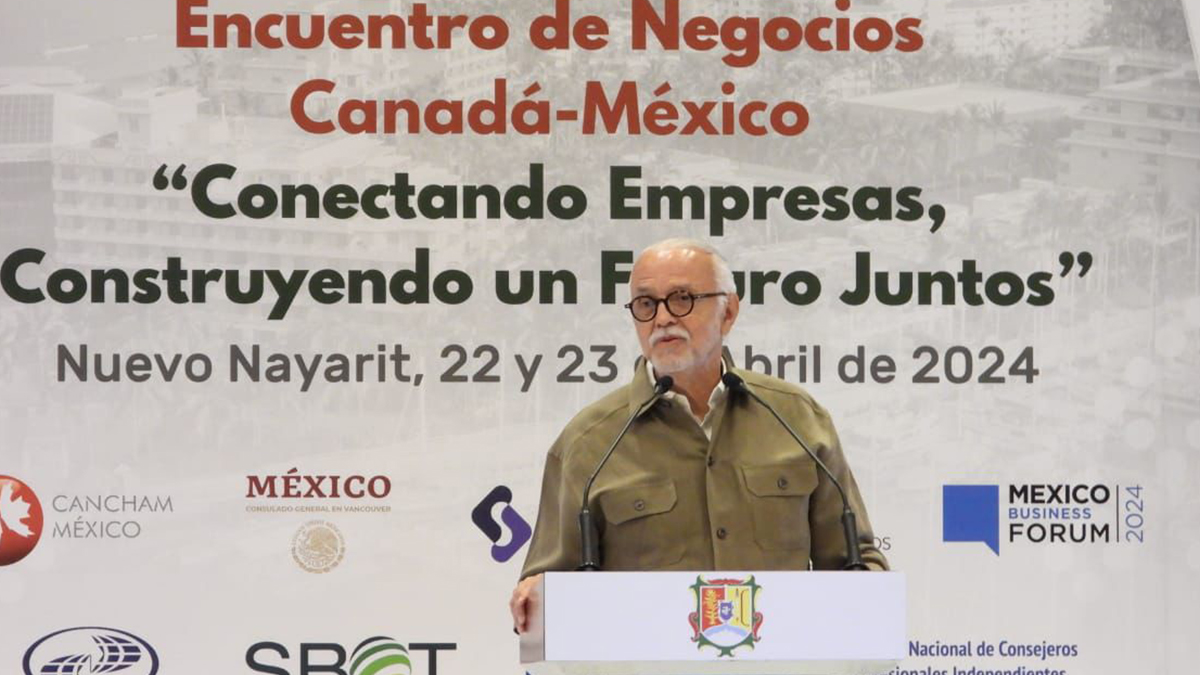Perhaps a US senator at some point is considering putting in place a law to protect Latin America from China and imposing sanctions on companies that deal with the Asian country. Does that seem like an exaggeration?
Senior U.S. government officials regularly warn their Latin American counterparts about China’s growing economic presence. This, according to his rhetoric, leads to the growing dependency and influence of China in the policies of Latin American governments. At the same time, the United States is putting political and economic pressure on Latin American governments to exclude, for example, Chinese companies from granting 5G licenses. This interference with the sovereign rights of independent states is nothing new for Latin America as the traditional “backyard” of the northern power. But this intervention is now also evident in Europe.
You may be interested in: What does Chinese trade influence mean in Latin America?
Under Biden’s presidency, the United States, like European governments, is again calling for a liberal global order based on rules that apply to all equally. But at the same time, the United States claims the privilege to ignore these rules whenever it wants.
This is exactly what is happening with the unilateral and extraterritorial sanctions against the construction of a natural gas pipeline between Russia and Germany that crosses the Baltic Sea. The Nord Stream 2 gas pipeline – which will boost Nord Stream 1 in operation as of 2012 – has a length of 1,230 kilometers and at the end of March there were only 121 kilometers. However, the United States has set itself the goal of preventing the completion of the last phase by imposing sanctions targeting companies related to the project.
The sanctions are based on a law passed by the United States Congress that has declared itself its goal of protecting energy security in Europe. If it were not about Europe, one could almost speak of a new colonial law. The United States unilaterally determines and decides how Europe will maintain its energy security vis-à-vis Russia and demands the right to impose sanctions on European companies. One is tempted to say it with friends like these, who needs enemies?
Sanctions were imposed on companies specializing in pipeline construction initially under the Trump administration and were expanded in 2021 to include an increasingly wide range of companies related to pipeline construction, including companies involved in financing the project, insurance companies, and certification firms. . The new Secretary of State, Anthony Blinken, has taken a clear stance against the project and the US government is considering appointing a special envoy to stop Nord Stream 2.
You may be interested in: What is the relationship of the Russian gas pipeline to the issue of the poisoned opposition leader?
The German government considers the US extraterritorial sanctions illegal and not under international law. For the United States to impose fines on European companies that do business lawfully is a violation of European sovereignty. In addition, the United States wants to benefit economically from sanctions and take out the costs of its policy against Russia.
The German government’s decision not to go ahead with the project could be costly. Companies participating in the project can legally claim damages estimated at € 10 billion. As an alternative to Russian gas, the Trump administration has been promoting US LNG, called “freedom gas,” which is rarely competitive with Russian gas. While the United States is concerned about Europe’s energy dependence, Bloomberg reported that according to its calculations, Russian oil shipments to the United States reached a record high last year.
Russia even overtook Saudi Arabia to become America’s third largest supplier of oil. Putin’s foreign exchange earnings – in US dollars – appear to be less interested in the United States than he is from selling natural gas to Europe.
The gas pipeline will not increase Russia’s energy dependence, in the long term the demand for natural gas will decrease due to the shift to renewable energy in Europe. It would be a smarter, less conflicting strategy for the United States to help speed up this process, and as an intermediate stage, natural gas is still more environmentally friendly than coal.
If the last section of Nord Stream 2 was interrupted, Russia could extort money from Ukraine by transporting less (or in the extreme case not) gas through pipelines that cross and supply the neighboring country. These side effects can be addressed in other ways (as was already the case with Ukraine’s guarantees) and do not necessarily require Nord Stream 2 to be stopped.
You may be interested in: That the Chinese took over Latin America?
Admittedly, there are also objections to the gas pipeline in Germany and other European countries. It can be said whether Nord Stream 2 will be rebuilt today from an environmental point of view. Sanctions can be justified under certain circumstances, but they must not undermine the very international legal system they are intended to protect. The law cannot be applied retroactively to European companies that have committed to the project under other conditions, contracts must be respected – Russia has fulfilled its contractual obligations to Germany in the past – and national laws must not apply to third-country companies committed to the project to act in accordance with local laws.
If Europe cannot protect its companies from unlawful US sanctions, what will happen to the often invoked strategic independence? Perhaps future summits between the European Union and the countries of Latin America and the Caribbean should put the issue of American excesses on the agenda and take a common position. Especially since the issue is not new in Latin America.
Perhaps a US senator at some point is considering putting in place a law to protect Latin America from China and imposing sanctions on companies that deal with the Asian country. Does that seem like an exaggeration? If the United States succeeds in enforcing its legislation even in Europe, what prevents it from doing so in Latin America? Care must be taken when the United States declares its intention to protect its friends.
Detlev Nolt is a political scientist and research associate at the German Institute for Global and Regional Studies – GIGA (Hamburg, Germany) and the German Council on Foreign Relations (DGAP). He was the director and vice president of GIGA.
www.latinoamerica21.com, A collection medium committed to disseminating critical and honest information about Latin America.





